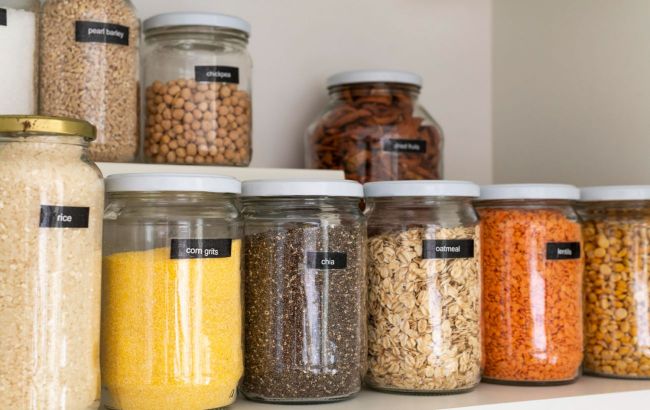Nutritionist names grains that provide stable blood sugar levels and energy
 Which grains have a low glycemic index (photo: Freepik)
Which grains have a low glycemic index (photo: Freepik)
The glycemic index of a product indicates how much it will affect a person's blood sugar levels after consumption. Certain types of grains have a low glycemic index and help control weight, according to Ukrainian nutritionist Olha Bezuhla.
Which grains have a low glycemic index
Choosing grains with a low glycemic index can be an important step in maintaining your health and energy throughout the day. These grains provide stable blood sugar levels, which is especially important for people with diabetes and those looking to control their weight.
Grains hold an important place in the diet due to their high content of vitamins, minerals, and fiber. They not only satisfy hunger but also support heart health by reducing the risk of diseases. Additionally, grains help maintain digestion and provide long-lasting energy.
Choose different grains, experiment with recipes, and discover new flavors and the benefits of healthy eating.
The glycemic index (GI) of grains depends on:
- The method of initial grain processing
- The degree of milling
- The method of heat treatment
- The recipe of the dish
List of grains
The nutritionist named the glycemic index of popular grains:
- Wild rice - 35
- White rice - 70
- Buckwheat - 50
- Whole grain oats - 55
- Quinoa - 53
- Bulgur - 45
- Barley - 25
- Couscous - 70
- Semolina - 70
- Corn grits - 85
People who follow a healthy diet prefer foods with low and medium GI levels.
Various grains and other foods with low and medium glycemic indexes raise blood glucose levels more gradually, ensuring prolonged satiety. Additionally, foods with a low GI, due to their fiber content, are beneficial for health.
This material is for informational purposes only and should not be used for medical diagnosis or self-treatment. Our goal is to provide readers with accurate information about symptoms, causes, and methods of detecting diseases. RBС-Ukraine is not responsible for any diagnoses that readers may make based on materials from the resource. We do not recommend self-treatment and advise consulting a doctor in case of any health concerns.

